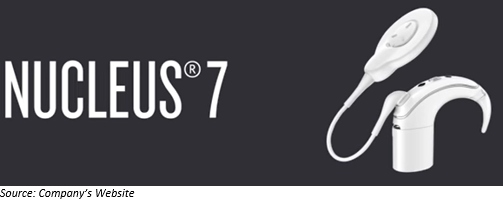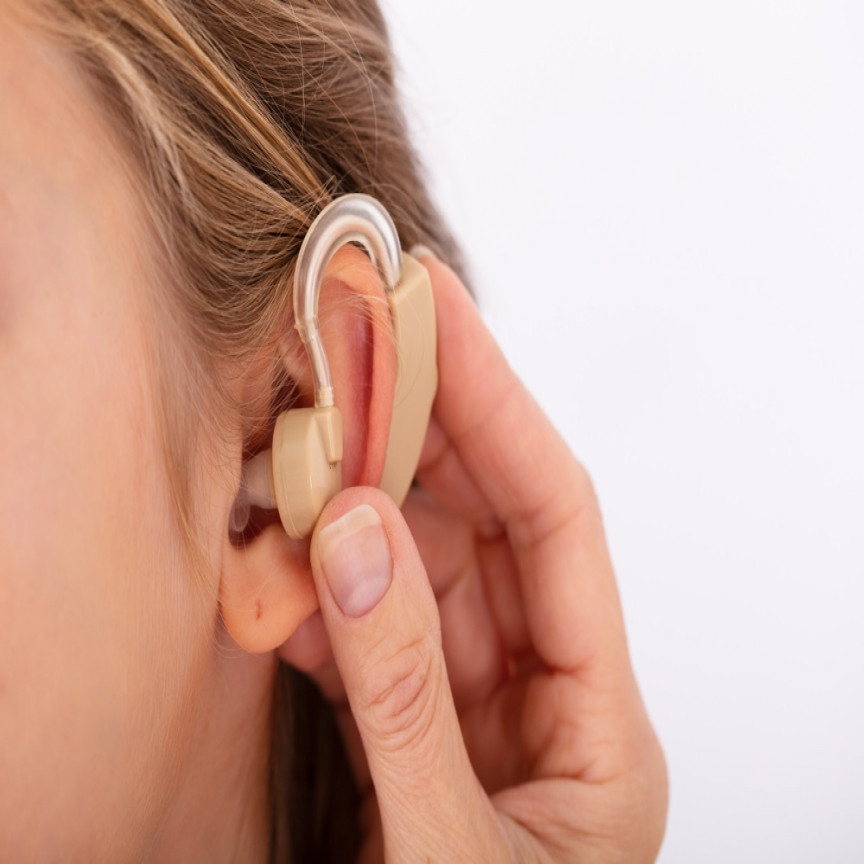Some health sector companies are gaining profit by defying the market, going through the current crisis caused by a coronavirus in a commercial sense, and these stocks are eye-catching for some investors amid this pandemic. The profitable Australian healthcare sector often grabs the attention of investors with the potential to deliver significant earnings.
Do Read: Medical Developments in Race Against COVID-19
On 8 April 2020, the S&P/ASX 200 Index ended the trading session, down 0.86% and was at 5,206.9 points. Also, the S&P/ASX 200 health care sector closed in red and was at 42,593.2 points, with a fall of 0.36% compared to the last close.
Several variables that are accountable for increasing investors’ concerns in the healthcare sector comprise of drug development and discoveries, approvals from Food and Drug Administration (FDA), demographics, patents and patent application along with the ongoing clinical studies.
Notably, the FDA approval process is one of the essential aspects that provides a decent recommendation on the future of any healthcare company. Any pharmaceutical or biotech company looking for FDA approval for marketing a novel prescription treatment/drug must complete process including five-steps- discovery & development, pre-clinical as well as clinical research, FDA review and post-marketing surveillance (PMS) by FDA.
Must Read: How approval from FDA can change the fate of healthcare stocks
FDA approval is an indication of increasing share price. Share price of a company tends to increase if it obtains a new drug approval from the FDA. Even though, for preventing the drug approval failures, investors should consider each company and each approval individually.
Let us acquaint you with the recent achievement of Cochlear-
ASX-listed Australia headquartered medical device company Cochlear Limited develops and supply of implantable hearing solutions for offering a lifetime of hearing outcomes. COH is currently functioning through the divisions spanning across EMEA, Americas, and the Asia Pacific regions and markets its products in over 100 nations.
Expedited FDA approval of Remote Check solution for cochlear implants
On 8 April 2020, Cochlear revealed that the Company obtained US Food and Drug Administration (FDA) approval for its Remote Check solution- the first telehealth patient assessment tool for implant recipients of Cochlear.

Remote Check solution for cochlear implants is designed to be an at-home convenient testing device that permits individuals with a Cochlear™ Nucleus® 7 Sound Processor to complete a series of hearing checks by using the Nucleus Smart App from their compatible iOS device. Then the findings can be sent remotely to the clinic of the recipient for analysis by their clinician.
Moreover, the Company mentioned that in the United States it would commence a controlled release of Remote Check and also intends to accelerate the release of Remote Check-in many other nations where the regulatory approval has already been received, counting Canada, the UK, and a few Western Europe countries.
Remote Check was established for conducting routine cochlear implant checks outside the hearing clinic. This technology has been examined in previous pilots in five countries across the world.
Subsequent to the enhanced requirement for remote care owing to the current pandemic, the FDA accelerated its clearance. Remote Check will enable hearing hospitals as well as medical practitioners to quickly identify those most in need of audiological care during the COVID-19 pandemic, as well as those individuals would get benefit from Remote Check as part of their regular examination for the longer duration.
Also Read: Healthcare stocks for Value Investing
For the recipients with a Cochlear™ Nucleus® 7 Sound Processor, Remote Check can offer significant cost savings by providing a convenient, time-saving alternative for care that avoid going to a clinic.
By using Remote Check technology, the clinicians will not only be able to offer a more convenient option for care but post the coronavirus pandemic disruption; they can also free up time for management of the predicted growth in the number of individuals requiring implants of Cochlear. And by this, they can quickly re-direct in-clinic time for managing patients with the highest requirement.

Moreover, the Company also notified that the clinician could choose to allocate any of the subsequent activities for their patient for completing as part of their Remote Check:
- Take pictures of the implant site as well as the area behind the ear;
- Concluding surveys to gather data about general health and hearing;
- Conducting an audiogram experiment to determine the softest levels accurately heard across a variety of frequencies;
- Doing a listening-in-noise analysis for objective assessment of hearing capability by identifying three-digit numbers presented in background sound;
- Impedance examination to evaluate the performance of the implant electrodes.
Let us now have a look at the stock information of COH on 8 April 2020.
COH stock settled the day’s trade at $182.91, moving down by 0.147%, with a market capitalisation of nearly $11.74 billion. The 52-weeks high and low price of the stock was noted at $254.400 and $154.600, respectively, with around 64.12 million shares outstanding. The annual dividend yield of COH stock stands at 1.83%, with a P/E ratio of COH stock noted at 34.600x.
Also Read: COVID-19 Uncertainty forces Companies to Withdraw Guidance and Dividend






